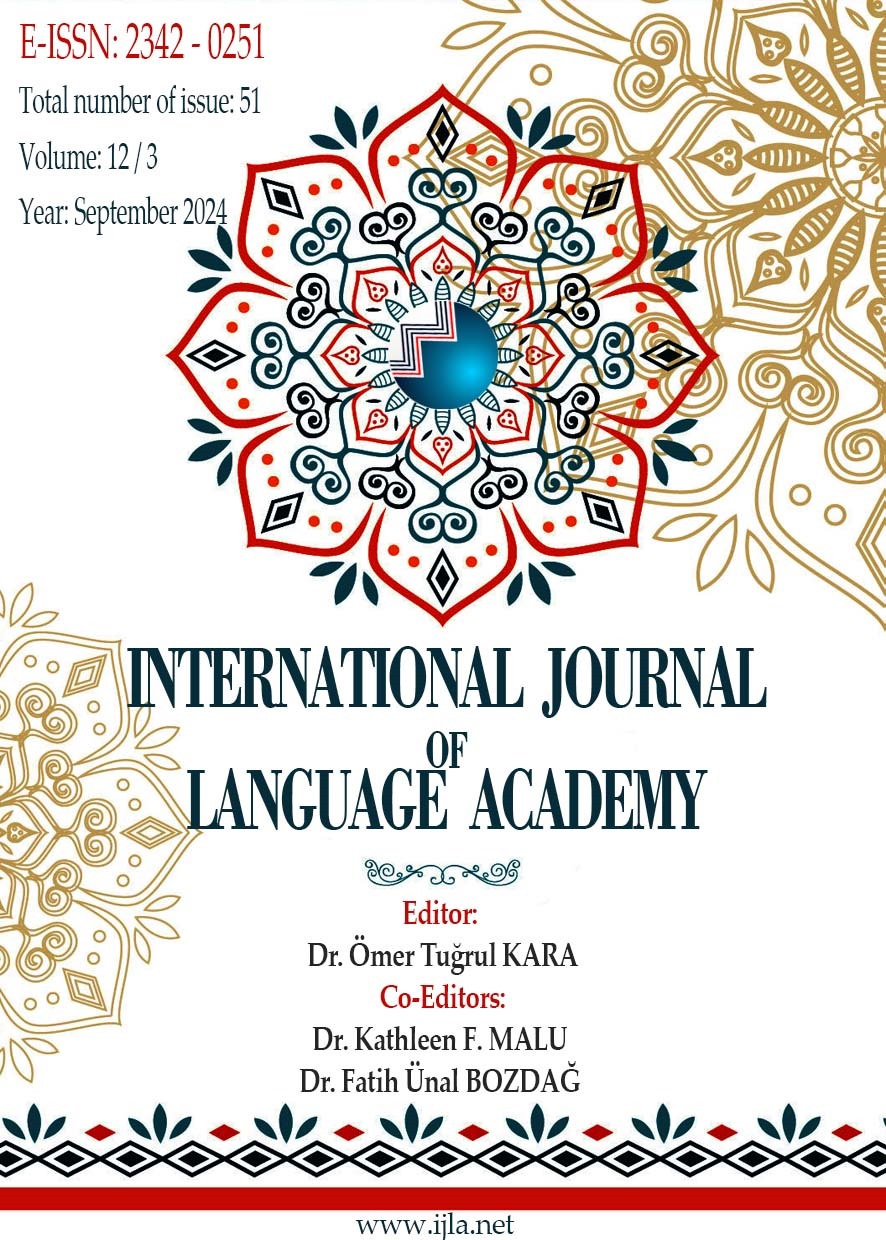Author :
Abstract
Keywords
Abstract
Speaking is a crucial skill to develop when studying a foreign language, but it is also considered one of the most challenging. This study examines the level of speaking anxiety experienced by Chinese EFL learners in a classroom setting. The research methodology used is mixed method, both qualitative and quantitative, with data collected through a questionnaire and interviews conducted at a higher education institution in China where English language is studied. The quantitative study includes 95 participants, consisting of 72 females and 23 males, all of whom share a similar educational background in English language education. Additionally, interviews are conducted with 5 of the respondents who also participated in the questionnaire. The quantitative data is gathered using the Foreign Language Speaking Anxiety Questionnaire, which incorporates independent variables such as gender, out-of-class activities, participants' proficiency levels, and personality traits of the participants. The qualitative data is collected through semi-structured interviews. The findings indicate that participants often experience fear and anxiety in English language learning contexts. This is especially true when it comes to understanding instructions, speaking spontaneously, encountering unfamiliar vocabulary, facing unexpected questions, and making mistakes. The results suggest a significant difference between the introverted and extroverted groups in terms of personality variables.





